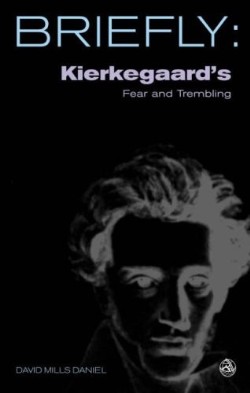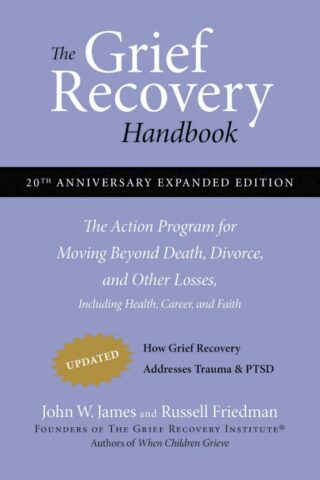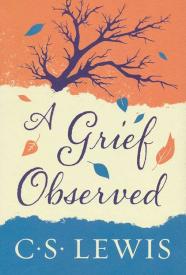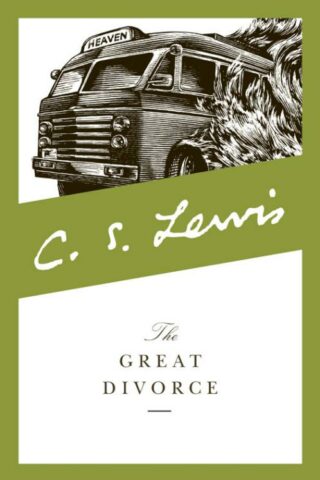Kierkegaards Fear And Trembling
$15.00
The SCM Briefly series is made up of short, accessible volumes which summarize books by philosophers and theologians, that are commonly used on theology and philosophy A level (school leaving) and Level One undergraduate courses.
Each Briefly includes line by line analysis and short quotes to give students a feel for the original text. In addition each book begins with a contextualizing introduction about the writer and his writings, and a glossary of terms follows the summary to help students with definitions of philosophical terms.
Kierkegaard’s Fear and Trembling is one of Kierkegaard’s earliest works, which he wrote under the pseudonym Johannes de Silentio. Kierkegaard had been a student of theology in Copenhagen, and had come to hate the Danish Church. He produced hundreds of leaflets against the Church during his lifetime. However his writing was largely ignored, and he was not a popular or well-regarded thinker in his own time. Hegel’s writing largely dominated philosophical thought throughout Kierkegaard’s life. Hegel believed that the highest goal for a person should be to loose oneself in the Universal. One should put aside his personal goals and ambitions and be motivated exclusively by the general interests of all. Kierkegaard regarded the individual above all else and so was repelled by Hegel’s communitarian ethic. His Fear and Trembling is a sustained response to Hegel’s ideas. It uses the story of Genesis 22, 1-18, where Abraham was willing to sacrifice Isaac without question, and only faith, to put across his own ideas and philosophy. Fear and Trembling is a required text on the UK A level syllabus.
in stock within 3-5 days of online purchase
SKU (ISBN): 9780334041306
ISBN10: 0334041309
David Daniels
Binding: Trade Paper
Published: April 2007
SCM Briefly
Publisher: SCM Press
Print On Demand Product
Related products
-
Grief Recovery Handbook (Anniversary)
$17.99Add to cartNewly updated and expanded to commemorate its 20th anniversary-this classic resource helps people complete the grieving process and move toward recovery and happiness
Incomplete recovery from grief can have a lifelong negative effect on the capacity for happiness. Drawing from their own histories as well as from others’, the authors illustrate how it is possible to recover from grief and regain energy and spontaneity. Based on a proven program, The Grief Recovery Handbook offers grievers the specific actions needed to move beyond loss.
New material in this edition includes:
How to choose which loss you should work on first
How to deal with growing up in an alcoholic or otherwise dysfunctional home
Loss of faith
Loss of career
Loss of health
And much, much more. -
Grief Observed
$15.99Add to cartWritten by C. S. Lewis with love and humility, this brief but poignant volume was first published in 1961 and courageously encounters the anger and heart-break that followed the death of his wife, an American-born poet, Joy Davidman. Handwritten entries from notebooks that Lewis found in his home capture the doubt and anguish that we all face in times of great loss. He questions his beliefs in this graceful and poignant affirmation of faith in the face of senseless loss.
-
Great Divorce
$17.99Add to cartC.S. Lewis takes us on a profound journey through both heaven and hell in this engaging allegorical tale. Using his extraordinary descriptive powers, Lewis introduces us to supernatural beings who will change the way we think about good and evil. In The Great Divorce C.S. Lewis again employs his formidable talent for fable and allegory. The writer, in a dream, finds himself in a bus which travels between Hell and Heaven. This is the starting point for an extraordinary meditation upon good and evil which takes issue with William Blake’s The Marriage of Heaven and Hell.






Reviews
There are no reviews yet.